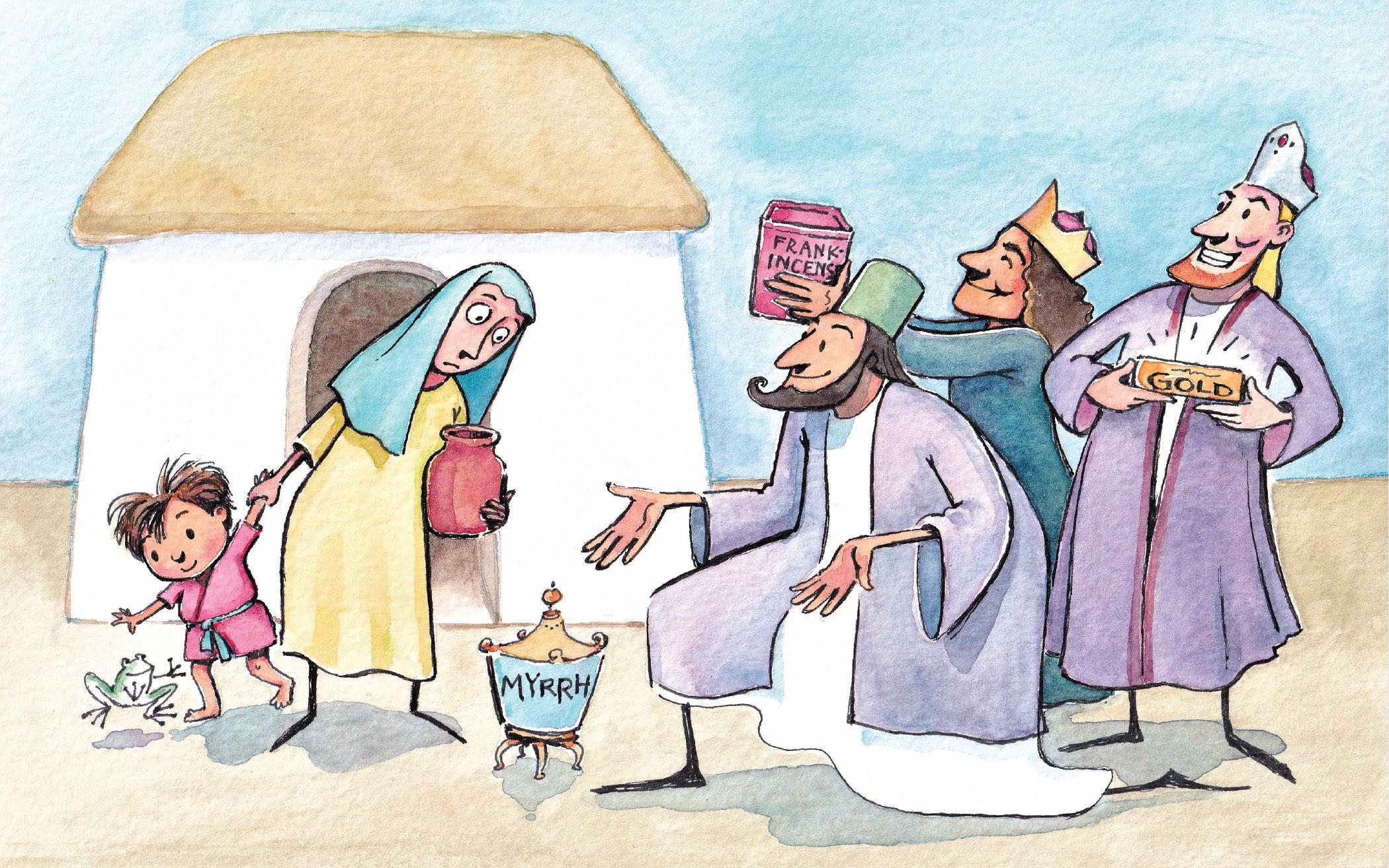What do you think about “regifting”—giving someone else a gift that you had previously received yourself as a gift? Is it deceptive to make it seem as if you bought it for the person you present it to, as well as ungrateful to the person you had received it from?
Regifting is something many of us have felt qualms about at one time or another. We get a gift that, however well-intentioned, just doesn’t match our needs or our lives and thus will go unused. So rather than have it add to household clutter or get thrown out, why not regift?
There are, of course, considerations. Gift-giving happens within a web of relationships, and there are feelings to be considered (“Where’s that purple afghan I knitted you last Christmas?”). Seriously uncomfortable social situations ought to be avoided (“Why does this gift box have a receipt with your grandmother’s name on the credit card?”). There are times when integrity might require us to inform the original giver of our intention to regift, even if the conversation might be awkward. And one would hope that the recipient of regifting is receiving something truly appropriate to their use and enjoyment and not just a chartreuse breadbox suitable only for future regifting ad nauseam.
But if you think about it, the gifts the Magi brought to Jesus in Matthew 2 weren’t all that practical. If I’d received those three gifts, I’d probably have hung onto the gold and been inclined to regift the frankincense and myrrh.
Keeping these considerations in mind, I say, “Re-gift away!” In some ways, our reluctance to regift is a cultural attitude. In her book Braiding Sweetgrass, Robin Wall Kimmerer points out that in Indigenous and Native American cultures, the attitude toward giving is different: “Whatever we have been given is supposed to be given away again.”
About the Author
Rolf Bouma is an ordained pastor in the Christian Reformed Church who teaches religion, ethics, and ecology in the Program in the Environment at the University of Michigan.







